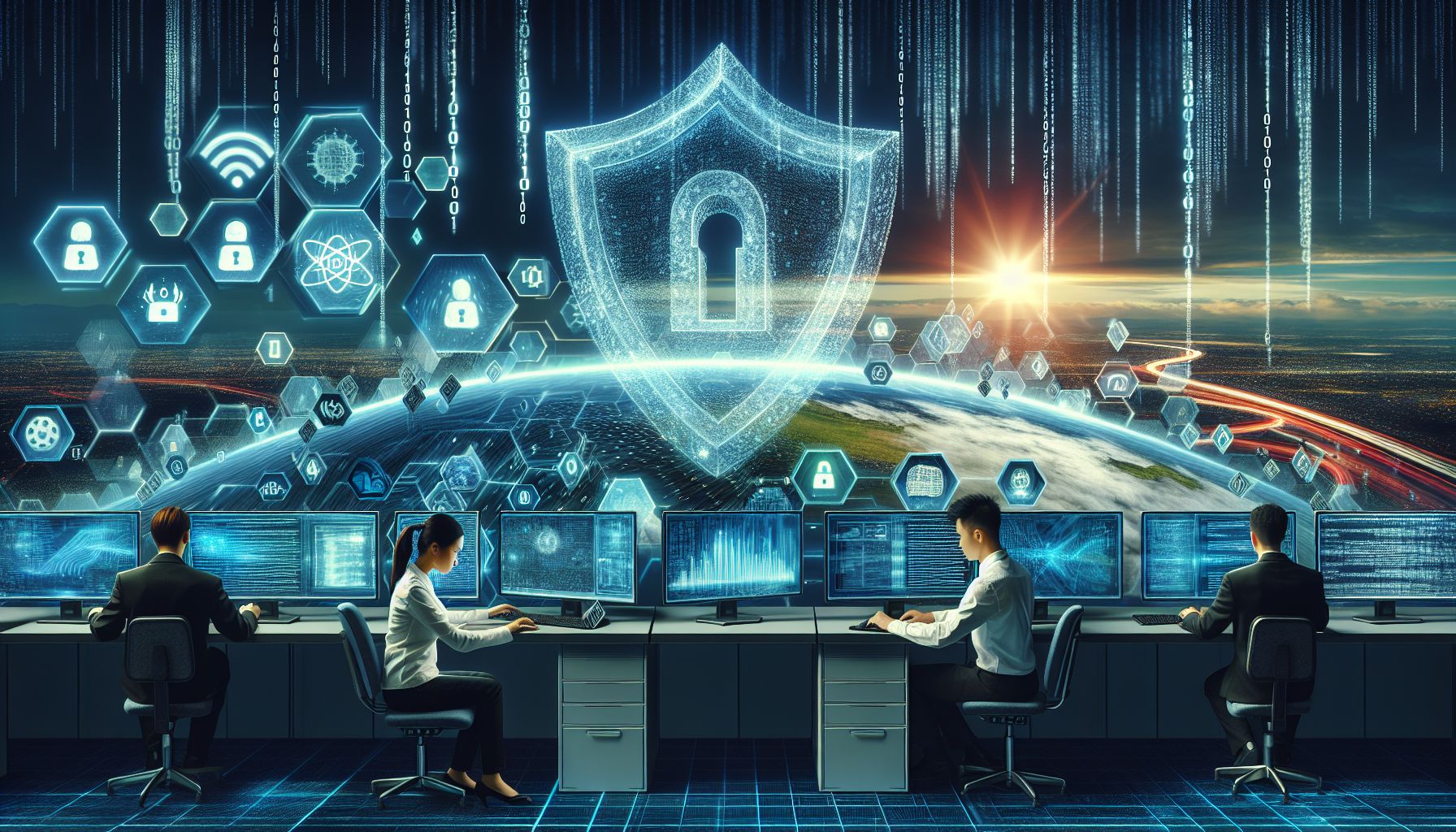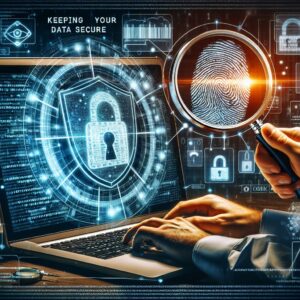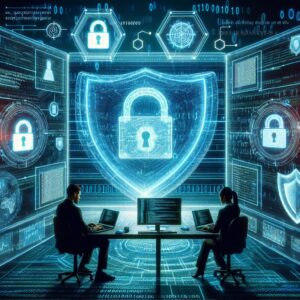In today’s increasingly digital world, cyber security and computer forensics have become more important than ever. With cyber attacks on the rise, it’s crucial for businesses and individuals alike to take proactive steps to protect their sensitive data and ensure the integrity of their digital assets.
Introduction to Cyber Security
Cyber security is the practice of protecting computers, servers, mobile devices, electronic systems, networks, and data from malicious attacks. These attacks can come in various forms, including malware, ransomware, phishing, and social engineering. With the ever-growing amount of sensitive information stored online, from financial records to personal data, the need for robust cyber security measures has never been greater.
The Role of Computer Forensics
Computer forensics plays a critical role in cyber security by investigating digital evidence to determine the cause of cyber attacks, identify the perpetrators, and gather evidence for legal proceedings. Computer forensics experts use specialized tools and techniques to recover deleted files, trace network activity, and analyze digital communications to piece together the events leading up to a security breach.
Common Cyber Security Threats
There are a myriad of cyber security threats that businesses and individuals need to be aware of, including:
- Malware: Malicious software that is designed to disrupt, damage, or gain unauthorized access to computer systems.
- Ransomware: A type of malware that encrypts a victim’s files and demands a ransom in exchange for the decryption key.
- Phishing: A type of cyber attack that involves tricking individuals into providing sensitive information, such as passwords or credit card numbers.
- Social Engineering: A technique used by cyber criminals to manipulate individuals into divulging confidential information.
Best Practices for Cyber Security
To protect yourself against cyber security threats, it’s important to follow best practices such as:
- Regularly update software and operating systems to patch known vulnerabilities.
- Use strong, unique passwords for each account and enable two-factor authentication.
- Be cautious when clicking on links or downloading attachments from unknown sources.
- Backup your data regularly to prevent data loss in the event of a cyber attack.
The Importance of Computer Forensics
In the event of a cyber attack, computer forensics can help identify the source of the attack, gather evidence for legal proceedings, and prevent future incidents from occurring. By conducting a thorough investigation of the digital evidence, computer forensics experts can uncover valuable information that can be used to strengthen cyber security measures and protect against future threats.
Conclusion
In conclusion, cyber security and computer forensics are vital components of protecting your digital world from malicious threats. By understanding the common cyber security threats, following best practices, and leveraging the expertise of computer forensics professionals, you can safeguard your sensitive data and ensure the integrity of your digital assets. Remember, when it comes to cyber security, prevention is always better than cure. Stay safe online!




